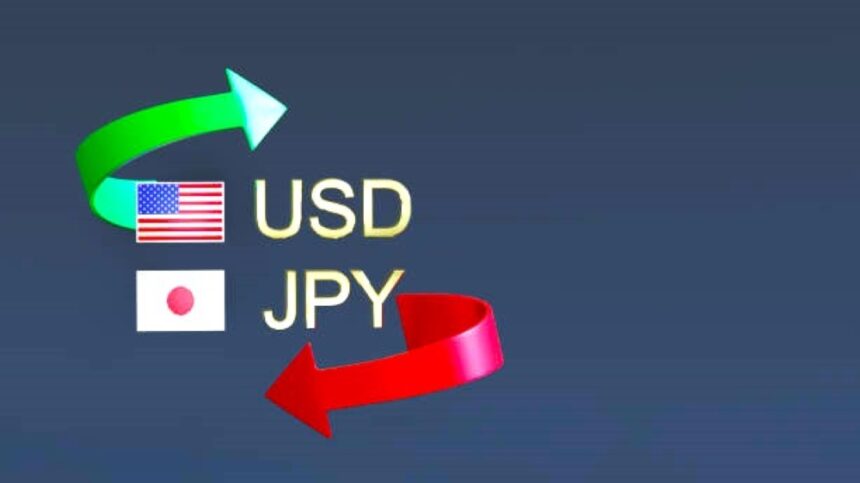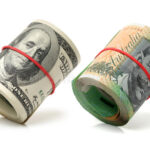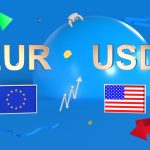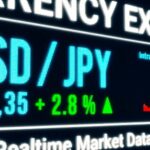Japanese yen weakened by declining safe-haven demand and BoJ uncertainty.
The Japanese yen (USDJPY) pair builds on the previous day’s positive recovery from more than a week low as the Japanese yen (JPY) continues to weaken against its American counterpart during Wednesday’s Asian session. Investor confidence is increased when worries about the start of a full-scale nuclear war are reduced, even though there is a chance that the Russia-Ukraine conflict will worsen. This, in addition to the uncertainty surrounding when the Bank will raise interest rates again, prove to be important elements that are weakening the JPY.
The USD and the pair receive some support from bets on a less aggressive Fed easing program.
The policies of US President-elect Donald Trump, meanwhile, may increase inflation and spur economic growth, which could restrict the Fed’s ability to lower interest rates. In addition, declining demand for safe haven assets leads to a new increase in US Treasury bond yields, which in turn supports the USD/JPY pair and helps to revive the US dollar (USD). However, intervention fears could prevent the JPY bears from making aggressive bets and prevent the currency pair from making a significant upward move.
Daily Market update:Japanese yen weaken by the number of factprs, and intervention fears do not subside.
Vladimir Putin, the president of Russia, authorized the modification to the nation’s nuclear doctrine on Tuesday, just days after US President Joe Biden gave Ukraine permission to strike military targets inside Russia with long-range American missiles.
Russian Foreign Minister Sergei Lavrov referred to Germany’s decision on Monday to deny Ukraine long-range missiles as a responsible stance and stated that his nation would take all necessary steps to prevent a nuclear conflict.
The Japanese Yen impacted and safe-haven demand dampened when the White House stated that the US does not intend to modify its own nuclear posture in reaction to Russia’s action.
Earlier this week, Bank of Japan Governor Kazuo Ueda issued a warning against keeping borrowing costs too low and hinted at a potential interest rate hike, but he was evasive about when it would occur and gave no clues about A December hike.
Japan’s total exports rose 3.1% and its imports grew 0.4% from October of last year, according to a Ministry of Finance report released earlier this Wednesday. This resulted in a ¥461.2 billion trade deficit.
Market participants have been anticipating slightly higher inflation after former President Donald Trump’s election victory.
Market participants have been anticipating slightly higher inflation after former President Donald Trump’s election victory, which seen as a key trigger behind the recent sharp move up in the US Treasury bond yields.
Although it might result in higher interest rates, Jeffrey Schmid, president of the Federal Reserve Bank of Kansas, stated on Tuesday that significant fiscal deficits won’t lead to inflationary pressures because the central bank will stop it.
The US dollar maintains its recent decline from its peak for the year and hovers around the weekly low, but despite expectations of a less aggressive easing by the Fed, the downside still muted.
In the absence of any pertinent US macro data, scheduled speeches by a number of prominent FOMC members later this Wednesday will impact the USD price dynamics and give the USDJPY pair some boost.








